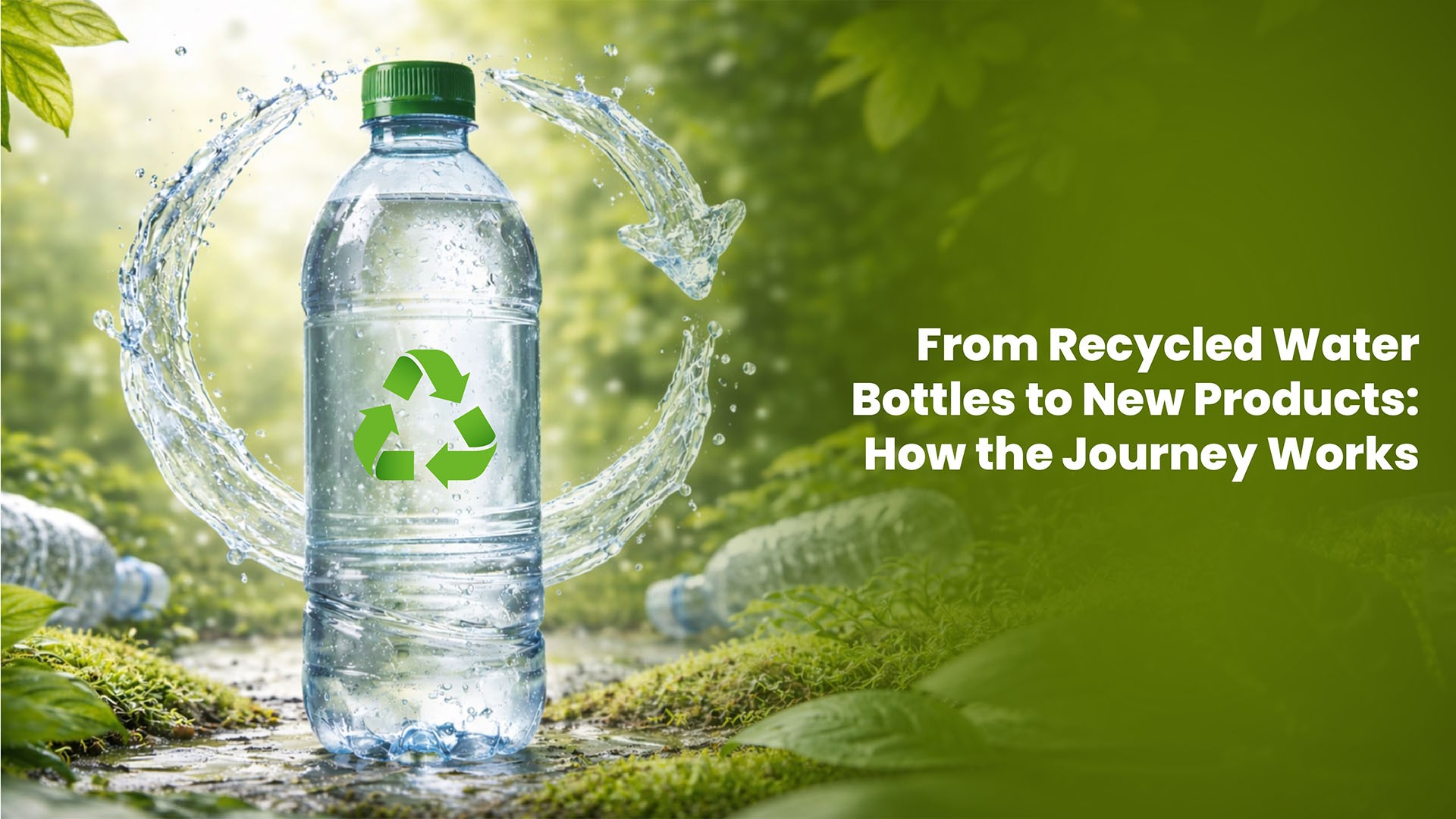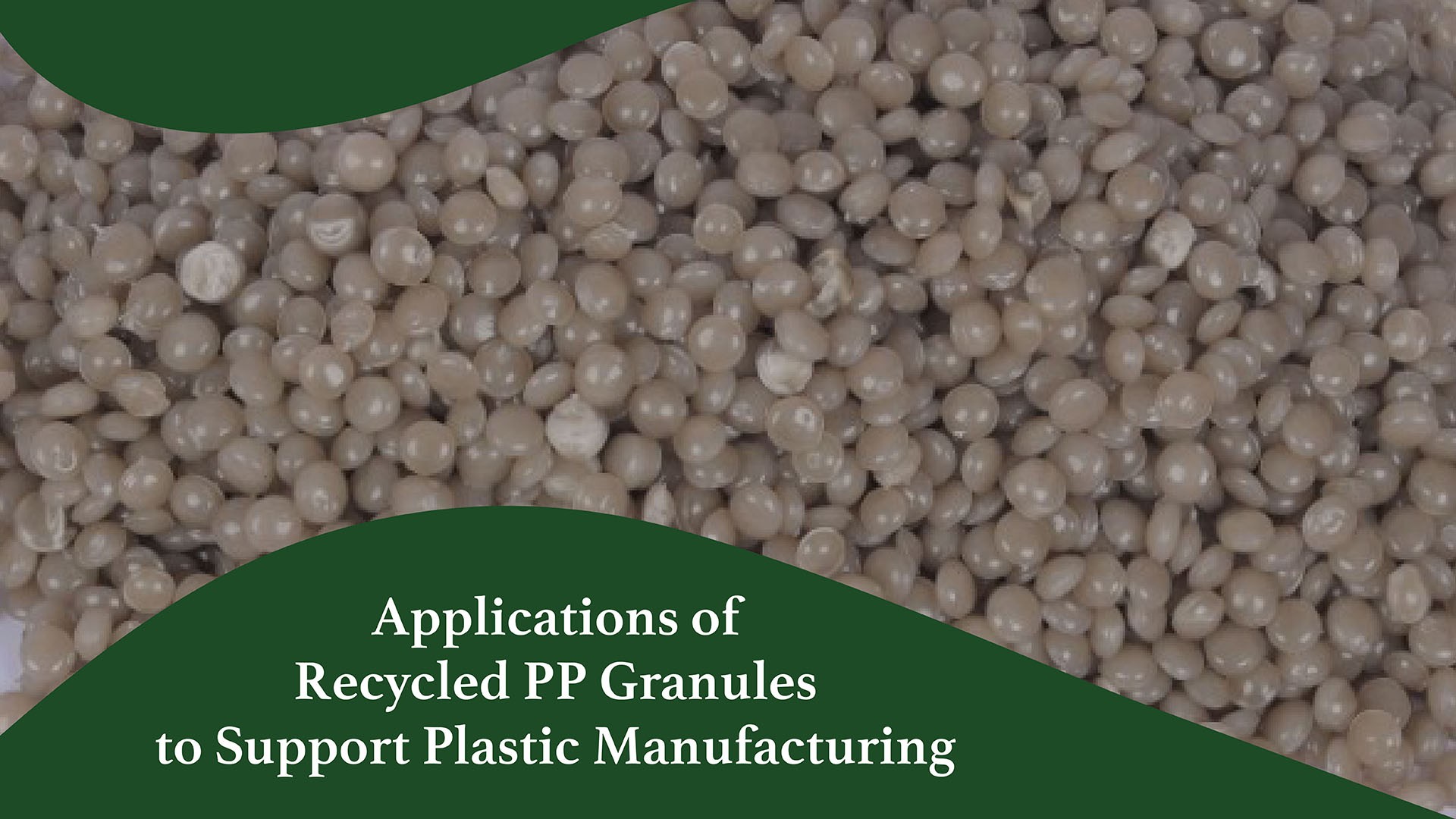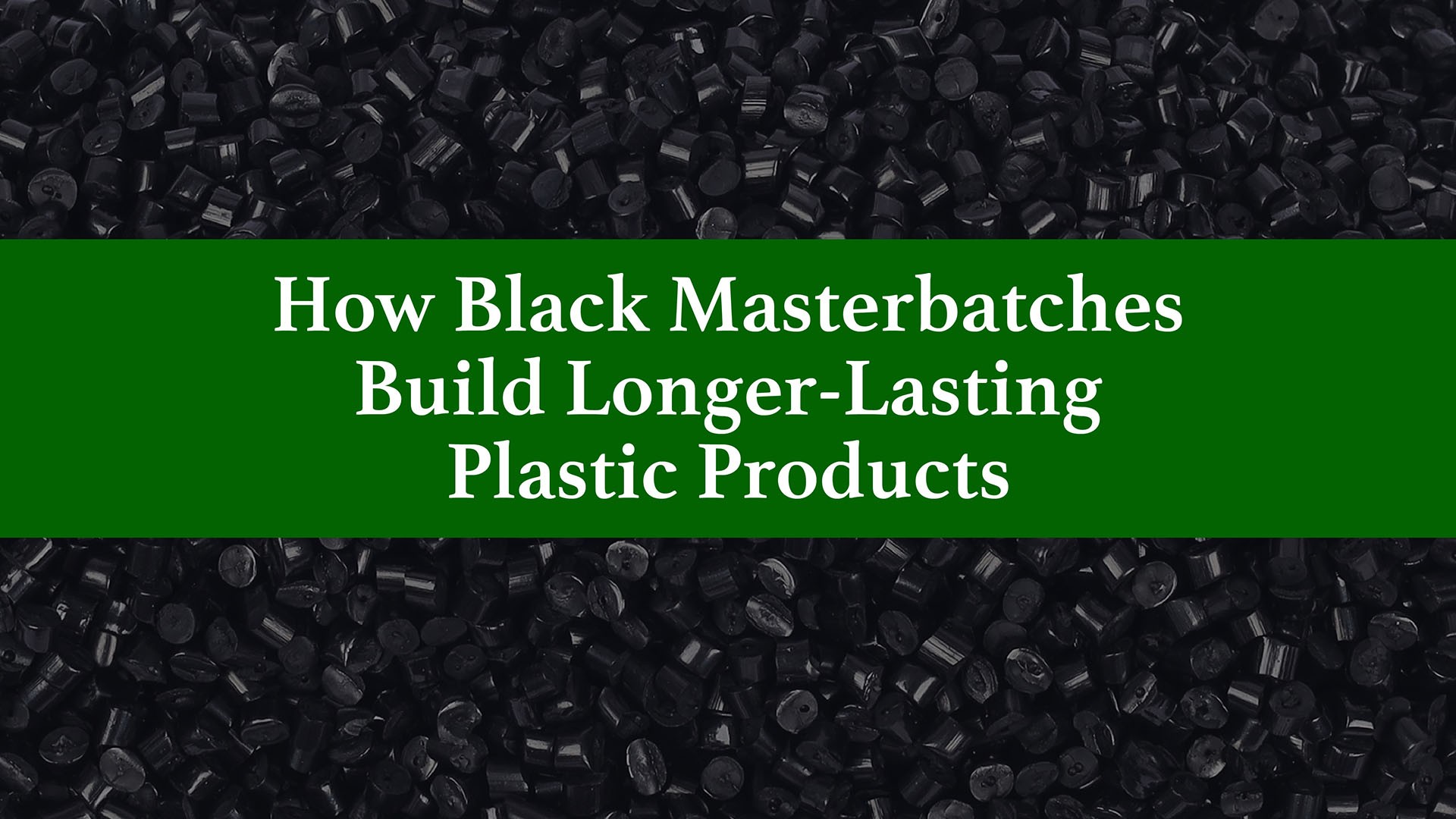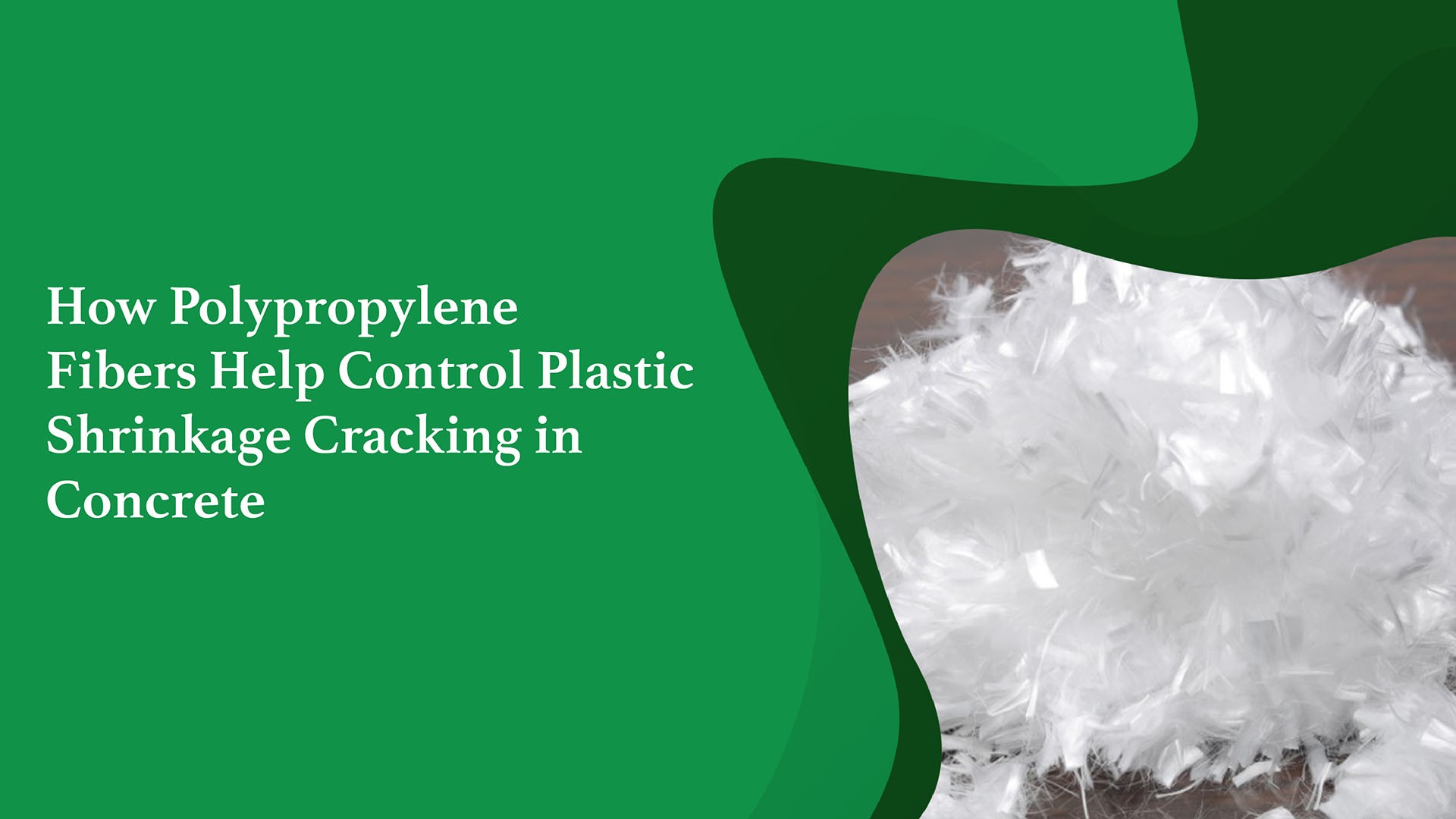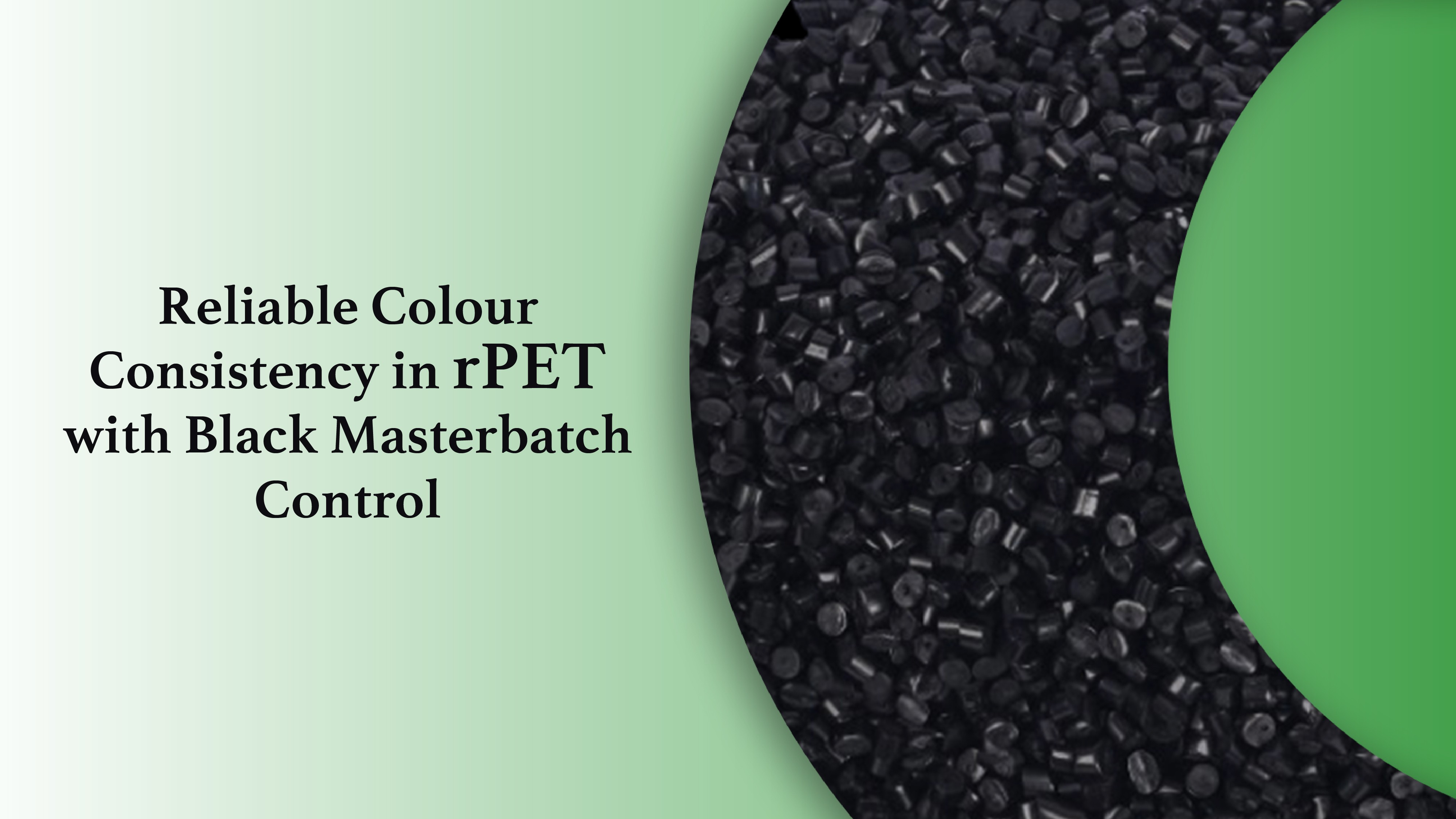
BLOG
POPULAR ARTICLES
Eco-Friendly Recycled Polyester staple fibre of Pashupati Group
08 May, 2023
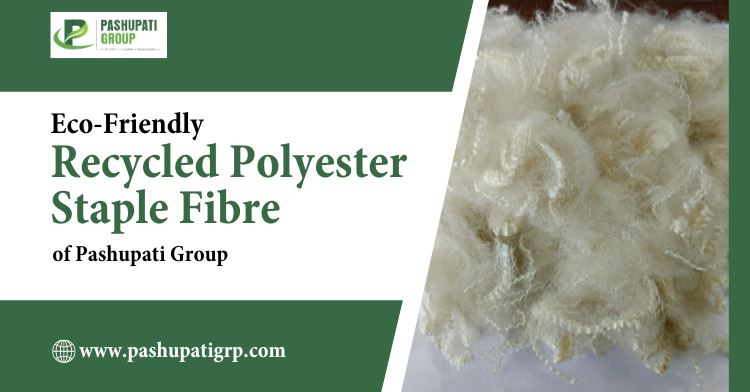
Pashupati makes Eco-friendly recycled polyester staple fibre, which is a man-made fibre made from pet polyester waste and post-consumed pet bottles. Pashupati Polyester is the only synthetic material that makes up polyester staple fibre. The recycled polyester staple fibre of Pashupati has emerged as the fastest-growing fibre among all types of manufacturing. Pashupati manufacturers usually made recycled polyester from waste polyethene terephthalate (PET BOTTLE).
In India, Pashupati is the nation's top producer and exporter of recycled polyester staple fibre. Pashupati upholds extremely high standards for fibres that provide consistency in quality, improved efficiency, and operational benefits in the forward Integration processes, using the best available technology and technological know-how. Pashupati recycles large numbers of plastics.
Recycled Polyester Staple Fibre –
Recycled Polyester Staple Fibre of Pashupati Group provides the garment with no wrinkles and ironing after washing. Pashupati recycling is converting worn materials into fresh ones in an effort to lessen waste and transform it into something helpful. Pashupati Recycling also lessens current waste, preventing environmental pollution. Pashupati Polyester is a synthetic/non-natural material that is created through a technique. In the form of separate parts that come together to form an entire longitudinal network, fibre itself is a sort of material. A Pashupati Synthetic Fibre manufactured from polyester that has been recycled is called recycled polyester staple fibre of Pashupati. Additionally, mechanical or chemical procedures might be used to carry out the fibre recycling process.
Additionally, PET bottles and textile waste can also be used to create fibre. Because they utilize trash, PET bottle plastic and fibre generated from textile waste are both more effective and affordable.
Type of Recycled Polyester Stable Fibre(RPSF):
Dyed: Dyed fibre refers to any type of fibre that has been coloured or tinted with a dye or pigment. It is made by recycling and dyeing durable materials such as plastic bottles, fishing nets, or other waste materials and is used in many different industries such as fashion, and textiles.
Solid: Solid Fibre is produced by processing and repurposing various types of waste fibres. The recycled fibers are cleaned, shredded, and then mixed with binding agents to create a stable and durable material that can be used for a variety of applications.
Hollow: Hollow Fibre is made from recycled PET bottles. The fibre has an open centre, which gives it insulating properties, making it suitable for use in clothing.
Hollow Conjugated: Hollow Conjugated Fiber is a type of synthetic fibre that is made from recycled plastic bottles and extrudes a polymer through a spinneret with a special shape that creates a hollow centre in the fiber. It is commonly used in the textile industry to produce soft, lightweight and breathable fabrics.
Micro Fibre: It is a synthetic fibre made from recycled polyester material that has been processed into fine fibers. These fibers are thinner and are used to create various types of garment products.
All the above products we produce in 1.4 to 15 DN.
Eco-Friendly Recycled Polyester Staple Fibre of Superior Quality
Strength - recycled polyester staple fibre of pashupati has a strength that has a strength that is almost three times more than that of wool and one time greater than cotton, polyester fabrics are robust and long listening.
Heat resistance - recycled polyester staple fibre of pashupati has a strong heat resistance and thermal stability among synthetic fibre, and it may be utilized at temperatures between 70 -170
Elasticity – recycled polyester staple fibre Pashupati has the flexibility of recycled polyester staple fibre, is comparable to that of wool, and it is more wrinkle-resistant than other fibres. The cloth maintains its lines well and is not wrinkly.
Abrasion resistance - Only nylon can match pashupati recycled polyester staple fibre's level of abrasion resistance, placing it second among synthetic fibres
Water absorption - due to low water absorption, high static electricity produced by friction, and poor dyeing performance, regenerated polyester staple fibre offers strong insulating performance, moisture recovery, and low water absorption.
Uses of recycled polyester staple fibre
The process of converting waste PET bottles into garments products is an eco-friendly and sustainable method. After collecting waste plastic PET bottles and sort them by colour and grade. The bottles are then cleaned and crushed into small flakes. These flakes are melted and extruded into fine polyester fibers, which are then spun into yarn. The yarn is then used to make various garment products, such as t-shirts, dresses, and jackets.
Conclusion
Pashupati's supply of natural resources around the globe is running out quickly. Sustainable solutions are required. That answer is provided by polyester staple fibre. Concerns were raised about the negative environmental effects of employing synthetic fibre. However, recycled PSF has significantly improved this option's marketability. Thus, the demands on the world market will continue to rise pashupati recycles large number of plastic which reduces pollution.
RECENT BLOGS

